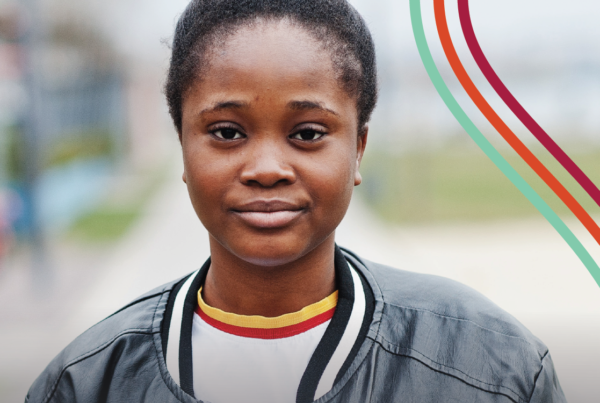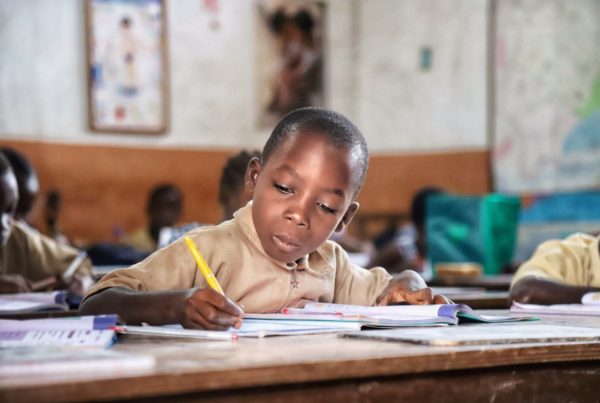Stellenbosch Working Paper Series No. WP11/2009
Abstract:
A policy of free basic services (water, sanitation and electricity) was introduced by the government in 2000 to provide basic services to households unable to afford these services. The policy allows for six kilolitres of water free monthly to all households, irrespective of household size or demographics. The assumption was that water consumption is relatively insensitive to the tariff structure, thus alternative tariff structures were applied to obtain the same amount of revenue for unchanged consumption. Aggregate costs of water consumption of R3.8 billion in 2006 by households with piped water were relatively small compared to social spending of about R177 billion. In comparison to a fixed price structure, the gains from the actual tariff structure were quite small for most households who benefited. The net gains of the poorest 40% of households of R61 million per year from the IBT plus Free Basic Water was quite small when compared to social spending of R88 billion to their benefit. The analysis illustrates the limitation of redistributive policies at municipal level. Those who gain are more often in the middle of the national income distribution, although they are the poorer members of the urban population.
Keywords: Publicly provided goods, National government expenditure
JEL Classification: H4, H5
DOWNLOAD PDF






